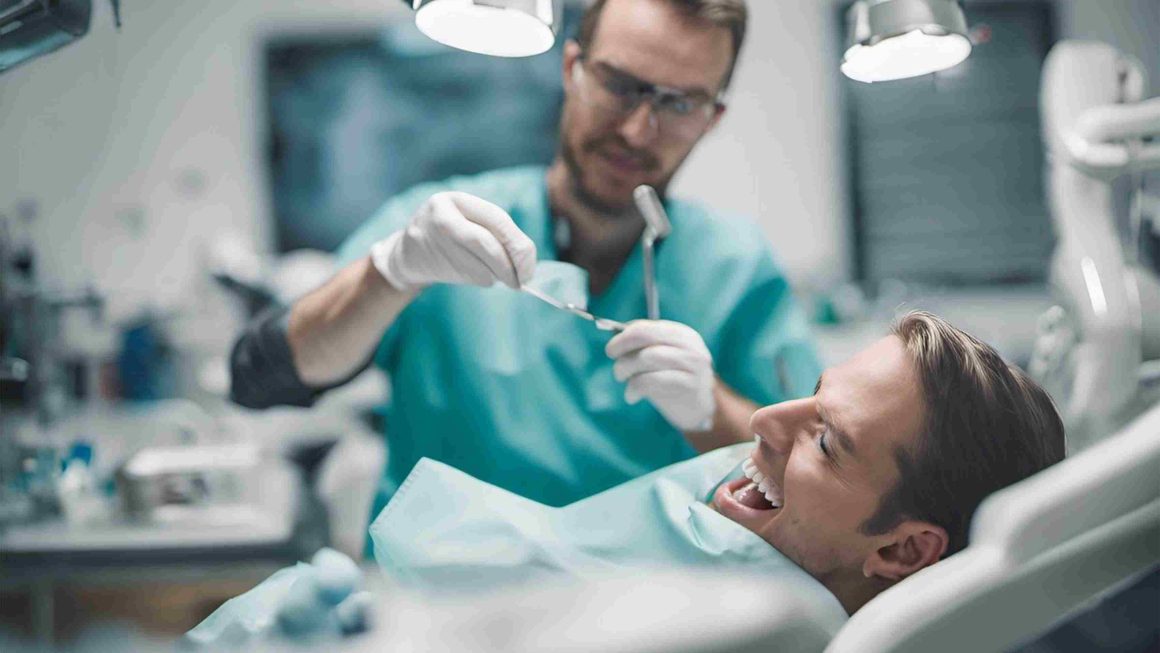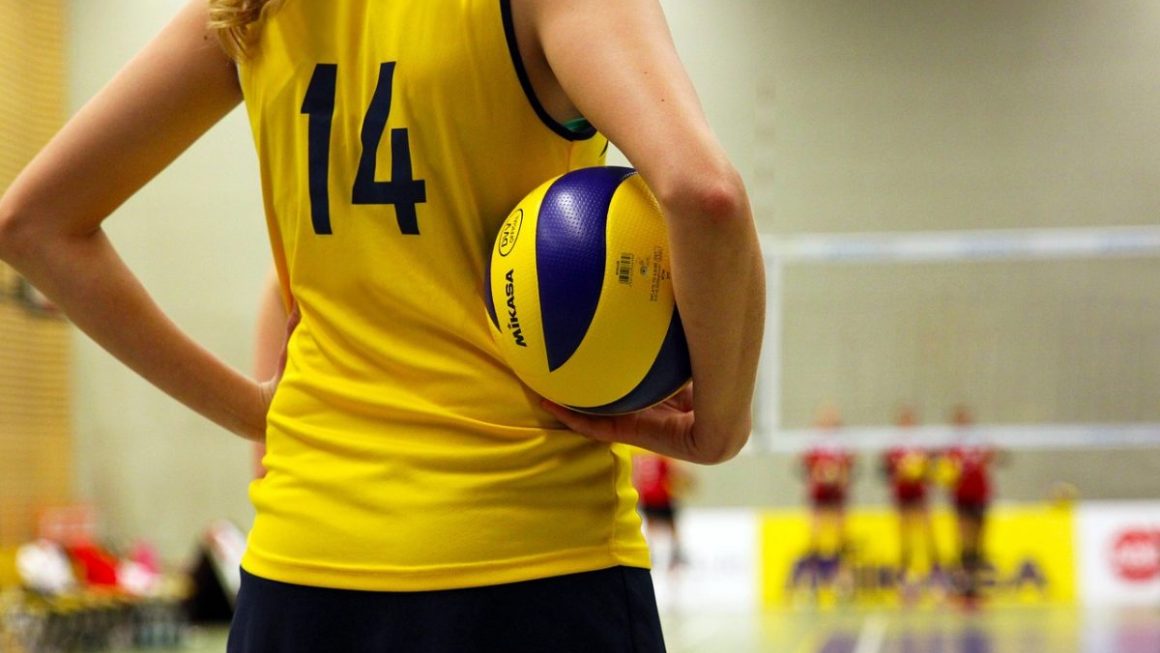If you’ve undergone in vitro fertilization, you’re no doubt excited and cautiously optimistic. It’s important to understand what to do following the surgery to safeguard your health and help to ensure success. Keep up with reproductive fertility news and follow the tips below, including avoiding stress and taking prenatal vitamins. Of course, it’s essential that you maintain close contact with your medical professionals and check in with them for any questions you may have.
What Is IVF?
In vitro fertilization (IVF) involves multiple procedures that help couples conceive a child. It can help prevent genetic problems and increase the probability of pregnancy. During IVF, the doctor collects mature eggs from the mother’s ovaries and fertilizes them externally.
Fertilized embryos are then placed in the uterus. It can take as long as three weeks to determine whether the procedure results in a viable pregnancy. To increase the odds of success, doctors may implant multiple embryos. The success rate depends on several factors you can discuss with your doctor, and the number of fertilized embryos also varies.
In some cases, an anonymous donor supplies the sperm or egg. In other cases, a surrogate or gestational carrier carries the embryo for the couple or individual pursuing IVF. Age, genetic factors, and the cause of infertility all impact the success rate.
The tips below may help you recover more quickly and positively impact your chances of becoming a parent.
Tips on How to Recover
Nearly 48 million couples face reproductive fertility problems, according to the World Health Organization. If you have chosen to invest time and money in IVF, it’s important to know the dos and don’ts following surgery.
Take it easy, avoid medications, and ask your doctor about what exercises you can do after IVF. Also, follow the other tips below.
Take It Easy
Unfortunately, this means avoiding intercourse following the procedure until given the green light by your medical professionals. You should also avoid heavy lifting as well as any activities that may cause trauma to the embryo. However, you typically don’t have to go on bed rest following IVF transfer. It’s better for your mental and physical well-being to remain somewhat active.
Don’t Take Medications
Avoid over-the-counter pain medications and anything not pre-approved by your doctor. Some medicines can increase the risk of bleeding and negatively impact implantation.
Eat a Healthy Diet
Leafy greens, lentils, whole grains, and lean proteins can promote blood flow. This can help your uterine lining prepare for pregnancy if the implanted embryo results in conception.
Stay Hydrated
When you drink lots of water, it can have a positive effect on your overall health. You might also try Gatorade or other products recommended by your doctor to ensure that your body has plenty of electrolytes following IVF.
Wear Comfortable Clothes
Loose-fitting clothes give your uterus room to grow following implantation. They also promote blood flow rather than restrict it as tight-fitting clothes do.
Reduce Your Stress Levels
Do whatever it takes to relax before bed and throughout the day. That might mean taking a warm bath, reading a good book, practicing meditation, or watching your favorite TV show. You should also avoid stressful situations at work and elsewhere.
Avoid Caffeine and Alcohol
Giving up caffeine and alcohol has numerous benefits. If you become pregnant, you’ll need to limit your caffeinated drinks anyway. Caffeine can increase your heart rate, make it hard to fall asleep, and increase irritability. Right now, it’s time to relax and focus on your physical and mental health.
Alcohol can impact your hormone levels and make it more difficult to achieve a live birth. So, it is not recommended following IVF surgery.
FAQs
How should I sleep after my IVF transfer?
Some women experience bloating and pressure due to IVF medications. So, you may want to sleep on your back or side or experiment with the most comfortable position. Avoid putting pressure on the bladder by changing positions every few hours.
How long should you rest during IVF recovery?
Follow your doctor’s advice on this and other options related to your recovery. You should generally plan to take it easy for a week or so. That includes avoiding heavy lifting and traumatic activities. Don’t overdo it following the procedure to avoid any risk to the potential fetus.
Can I exercise after IVF?
Talk to your doctor and ask for specific exercise recommendations. They may refer you to a specialist or provide general advice. Keep it as specific as possible. The answer depends on your general health, the potential risk to the embryo, and the type of exercise you wish to do.
Further Reading:




